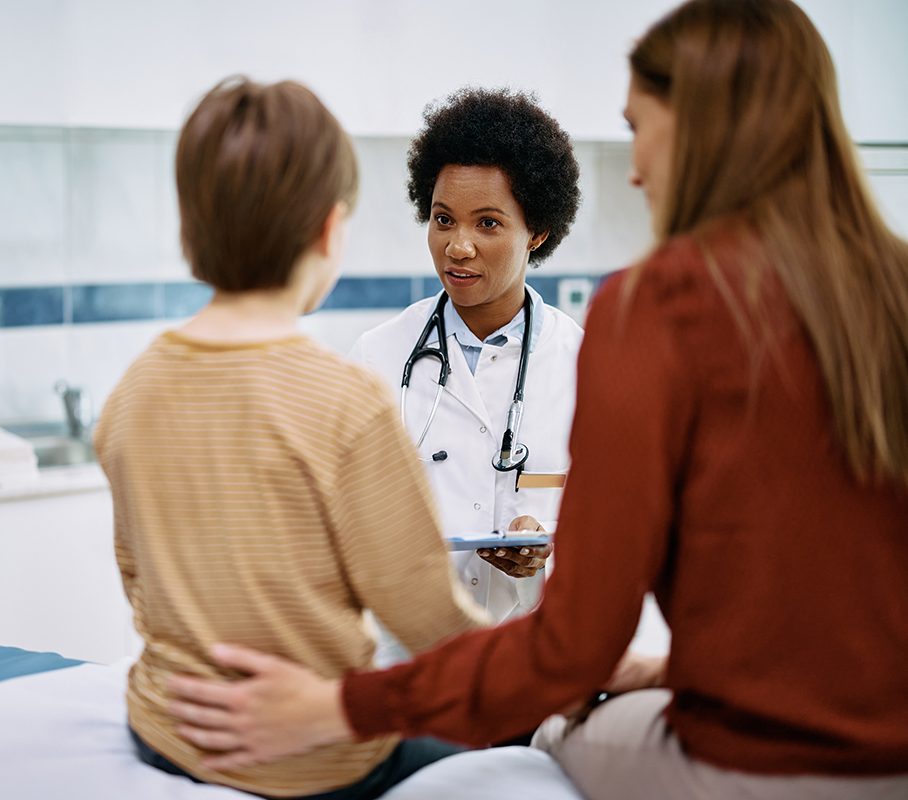LGMD refers to a group of conditions that cause weakness and wasting of the muscles in the arms and legs. In LGMD 2I/R9, signs and symptoms often develop in late childhood and may include difficulty running and walking, as well as pain and muscle cramps. The symptoms gradually worsen over time, and affected people generally require mobility assistance, such as wheelchairs.
In patients with LGMD 2I/R9, the gene that may not work properly is the gene used to create a protein called fukutin-related protein (FKRP). FKRP is essential for normal muscle function. With the genetic mutations that cause LGMD, the proteins do not support normal muscle function and over time, this can lead to muscle injury and weakening in muscles (in your shoulders, hips, heart, and diaphragm [the muscle that helps you breathe]).









